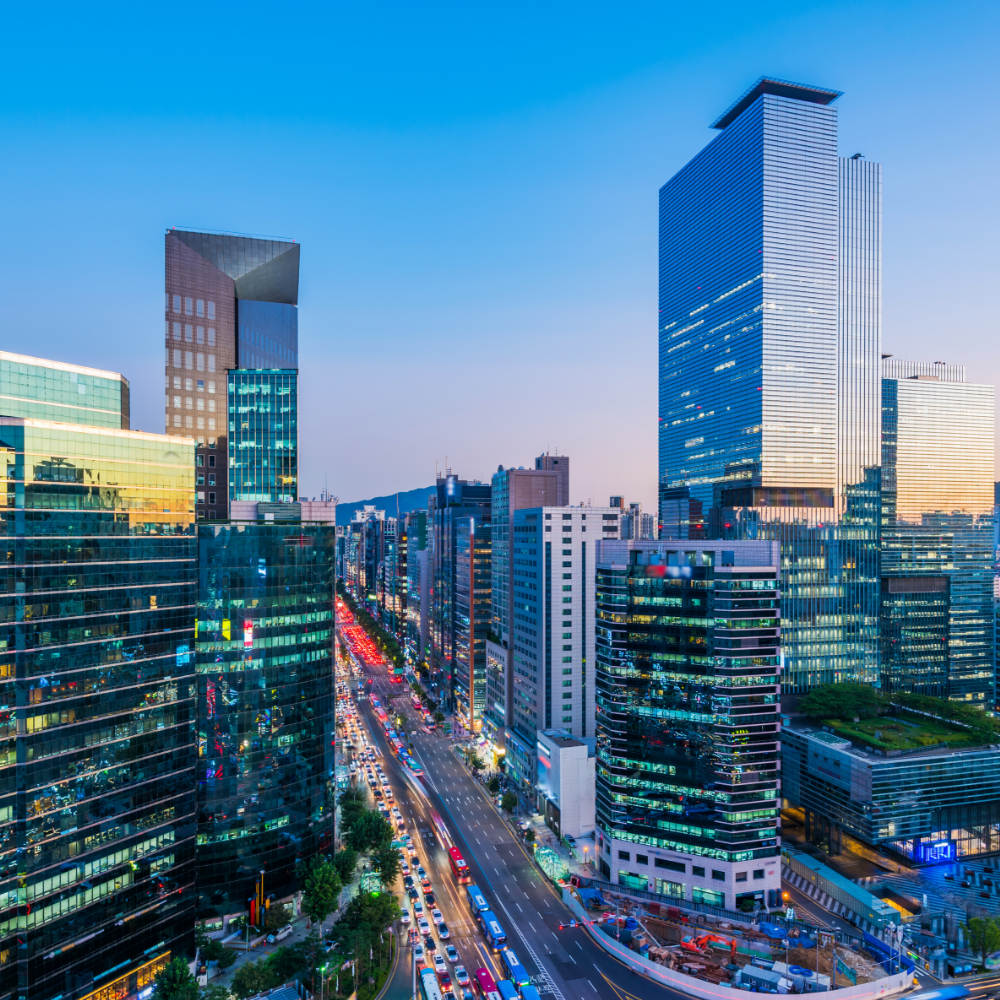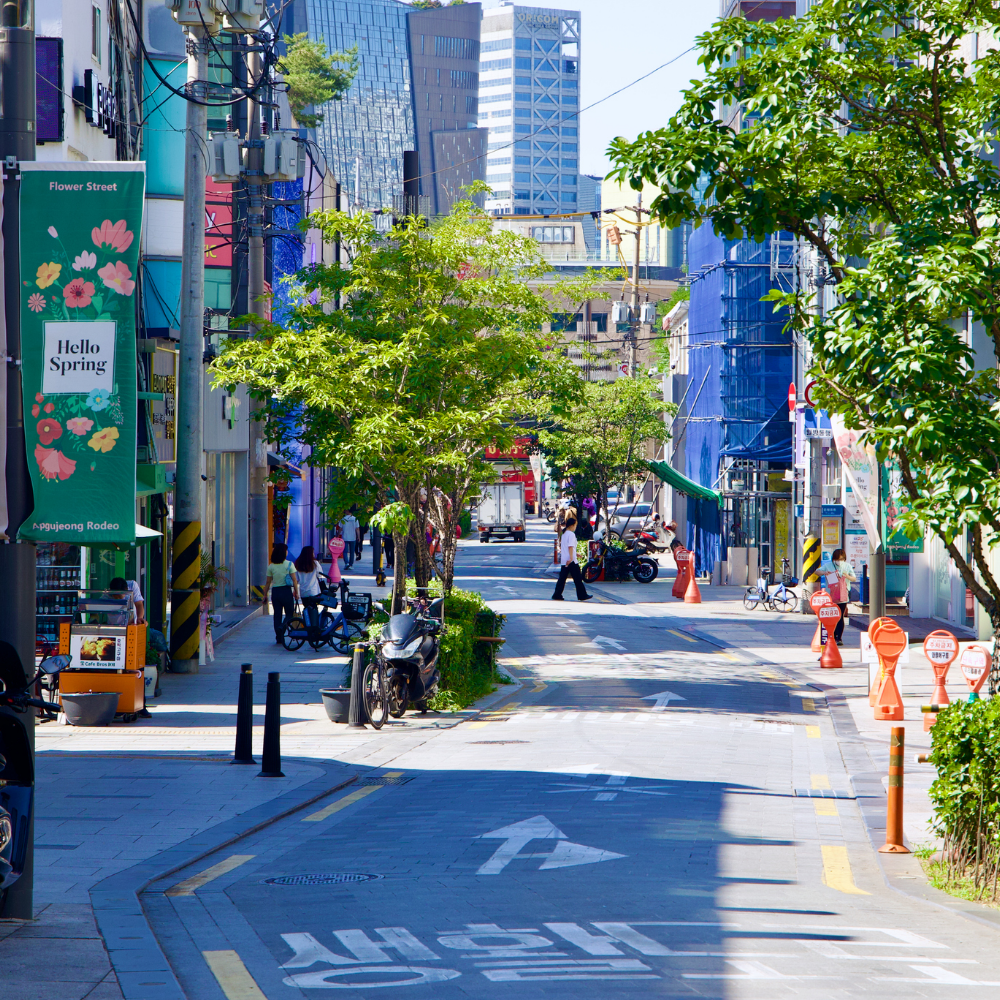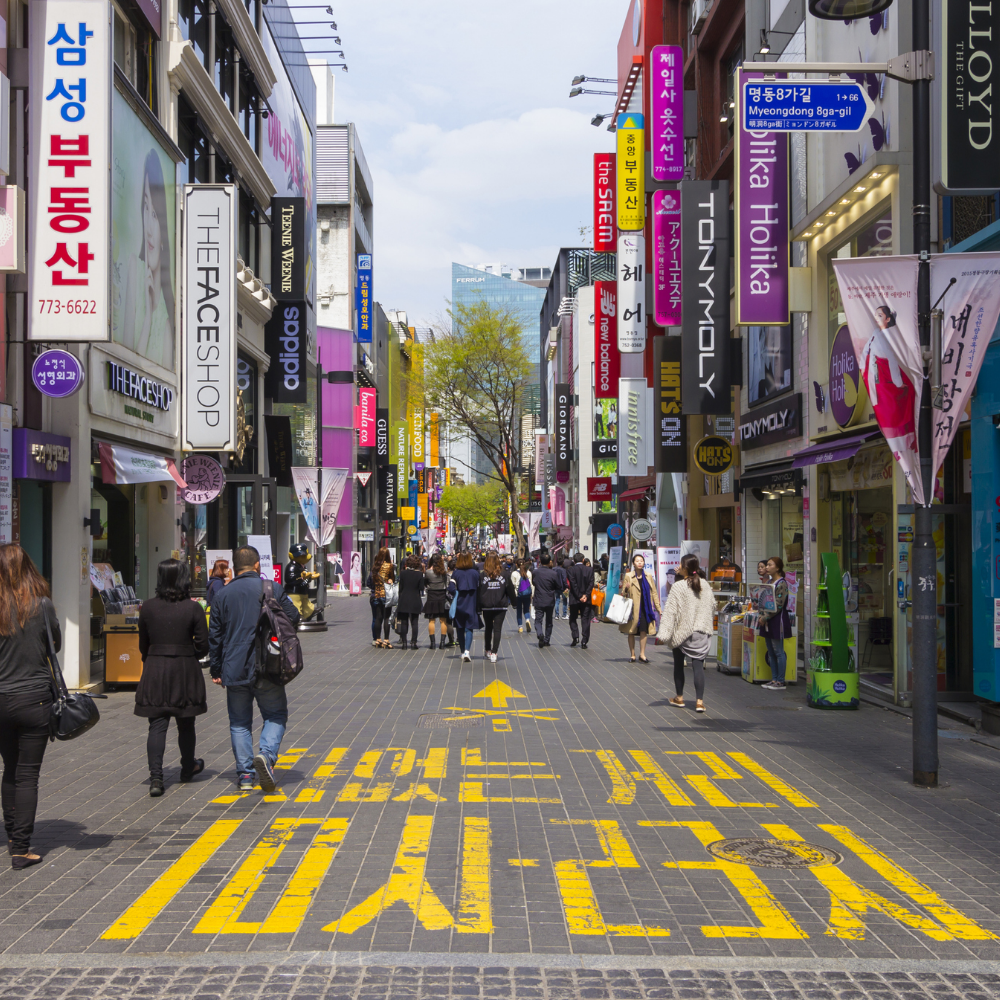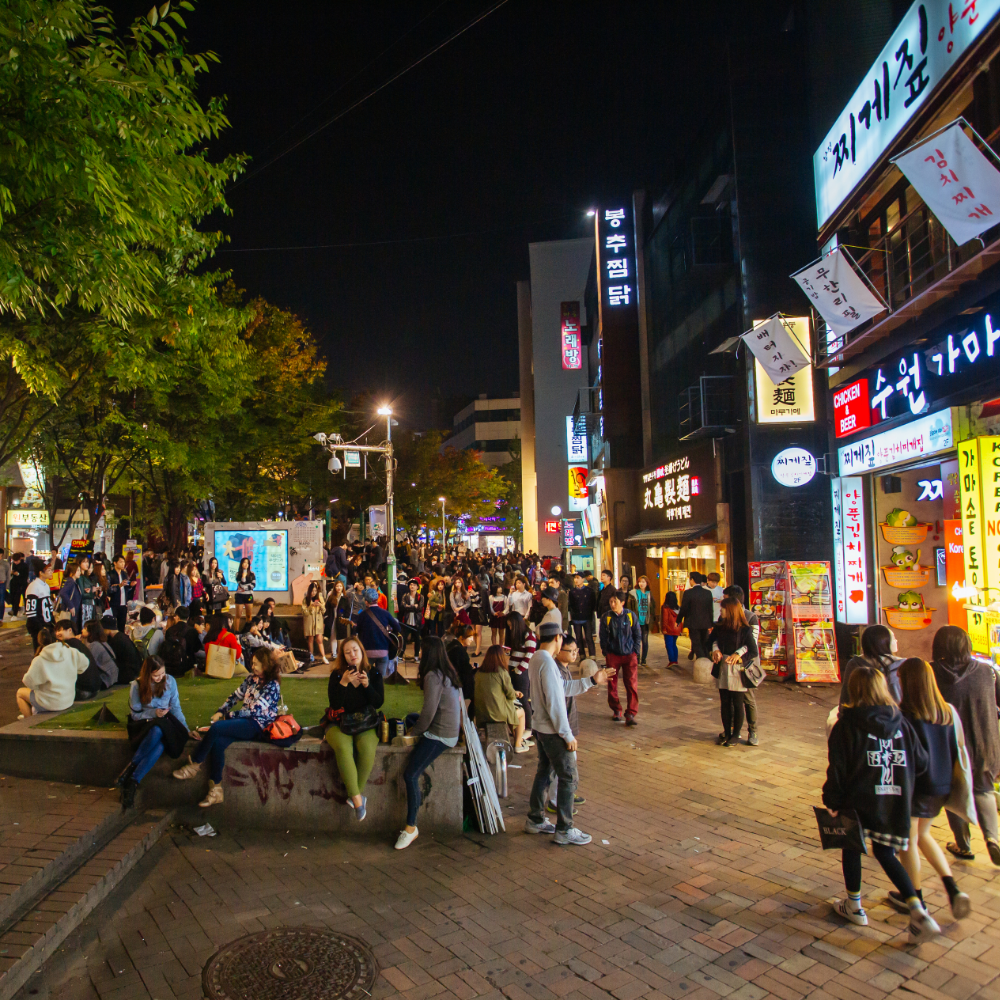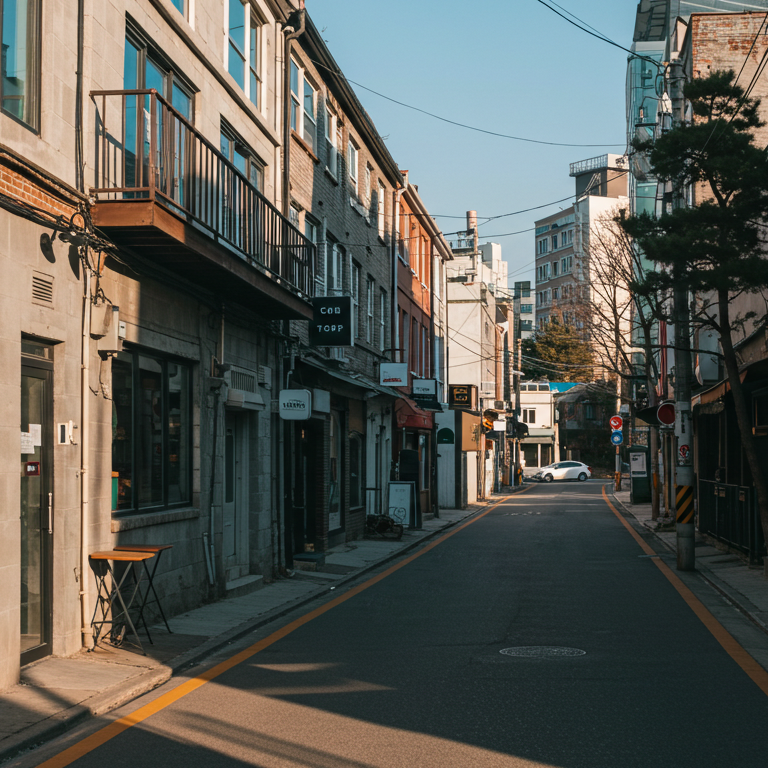Solo by Choice: Exploring the Honjok Lifestyle in Modern Korea
From solo dining to ‘mind convenience stores’, discover how South Korea’s rising honjok culture—40% single households—is redefining independence, community, and personal wellbeing.

1. What Is Honjok & Why It Matters
Honjok (혼족) literally means “alone tribe” and refers to people who deliberately choose to engage in activities solo. As of 2025, nearly 40% of Korean households are single‑person homes :contentReference[oaicite:2]{index=2}. Honjok can manifest as hombap (eating alone), honsul (drinking alone), and honnol (leisure alone), reflecting a cultural shift away from Korea’s collectivist norms :contentReference[oaicite:3]{index=3}.
What makes honjok compelling isn’t loneliness—it’s **self‑direction**. Many Koreans, especially Millennials and Gen Z, prioritize autonomy over social pressure to conform to traditional life paths :contentReference[oaicite:4]{index=4}.

2. How Honjok Thrives in Korea
The honjok phenomenon is bolstered by urban infrastructure and tailored services. Restaurants have individual booths, convenience stores stock single‑serve items, and even karaoke shops offer coin‑operated private rooms :contentReference[oaicite:5]{index=5}. Tailor‑made furniture, compact appliances, and HMR products for one are booming :contentReference[oaicite:6]{index=6}.
This isn’t a lonely transition—it’s empowerment. Honjok participants often emphasize how freeing it is to eat, travel, or lounge alone without compromise. They build micro‑routines like solo brunches, evening films, or park strolls—**chosen solitude that feels deliberate, not empty**.

3. Beyond Solitude: Mind Convenience Stores
Seoul’s latest innovation is the **“mind convenience store”—safe, no-stigma public spaces with massage chairs, instant noodles, foot spas and counselors** :contentReference[oaicite:7]{index=7}. These “no-pressure community hubs” let people share space without forced interaction—ideal for honjok seeking soft companionship.
Initiated in Dongdaemun and other districts, the Seoul Without Loneliness program offers comfort for the city’s 40% single households :contentReference[oaicite:8]{index=8}. They provide what honjok crave: **choice—to be seen, without having to say anything**.

4. Living Alone, Together
Despite enjoying independence, many honjok still crave curated connection. Online communities, apps, and meet-ups allow solo individuals to share experiences—from cooking tips to travel photos. These micro‑communities offer support without smothering :contentReference[oaicite:9]{index=9}.
Programs in co‑living spaces encourage occasional communal dinners, shared work areas, and solo‑friendly events. Honjok culture is evolving—not fading into isolation, but redefining community as “**a chosen presence, not obligation**.”

Editor’s Note
As someone who values both solitude and connection, I see honjok culture as an inspiring choice—rooted in self-respect, not withdrawal.
Rather than viewing aloneness as a problem, honjok participants repurpose it as a canvas: for reflection, self-care, and autonomy. And spaces like mind convenience stores show that a community can exist **without conversation or compromise**.
In a fast-paced world, that gentle balance—**chosen solitude, with soft safety nets**—feels radical and, to me, hopeful.



